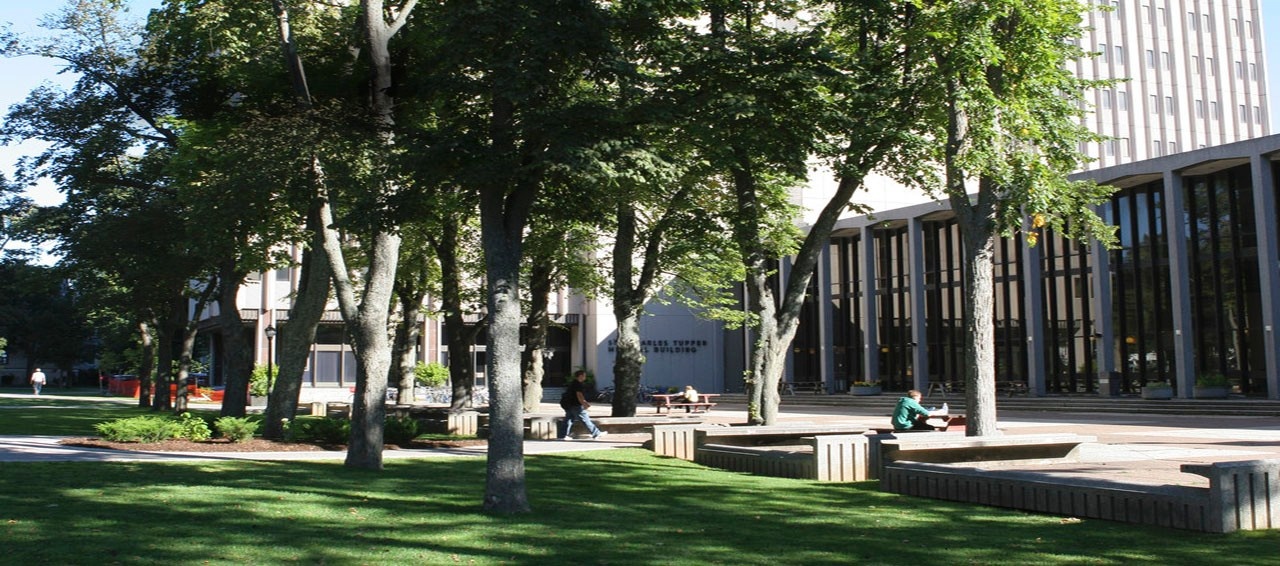Social accountability
Voices of Social Accountability
This video shares the experiences of leaders in social accountability demonstrating the real impact of engaging with communities to enhance medical education and improve health outcomes.
Dalhousie Medicine is committed to upholding social accountability, ensuring alignment with international priorities and accreditation standards to enhance health equity and quality care globally.
Dalhousie Medicine is committed to fairness and inclusion in health care, both here at home and around the world. We work closely with communities across the Maritimes and beyond to understand and address health needs, especially for those who face barriers. Through education, research, and care, we aim to build a healthier, more inclusive future for everyone.
In 2024, a Social Accountability Statement was approved to guide Dalhousie Medicine’s work.
The Social Accountability Committee provides strategic guidance to support the Faculty in fulfilling its mandate of advancing community-focused education, research, and health care.
Find out more about the Faculty of Medicine's Social Accountability Statement [pdf]
